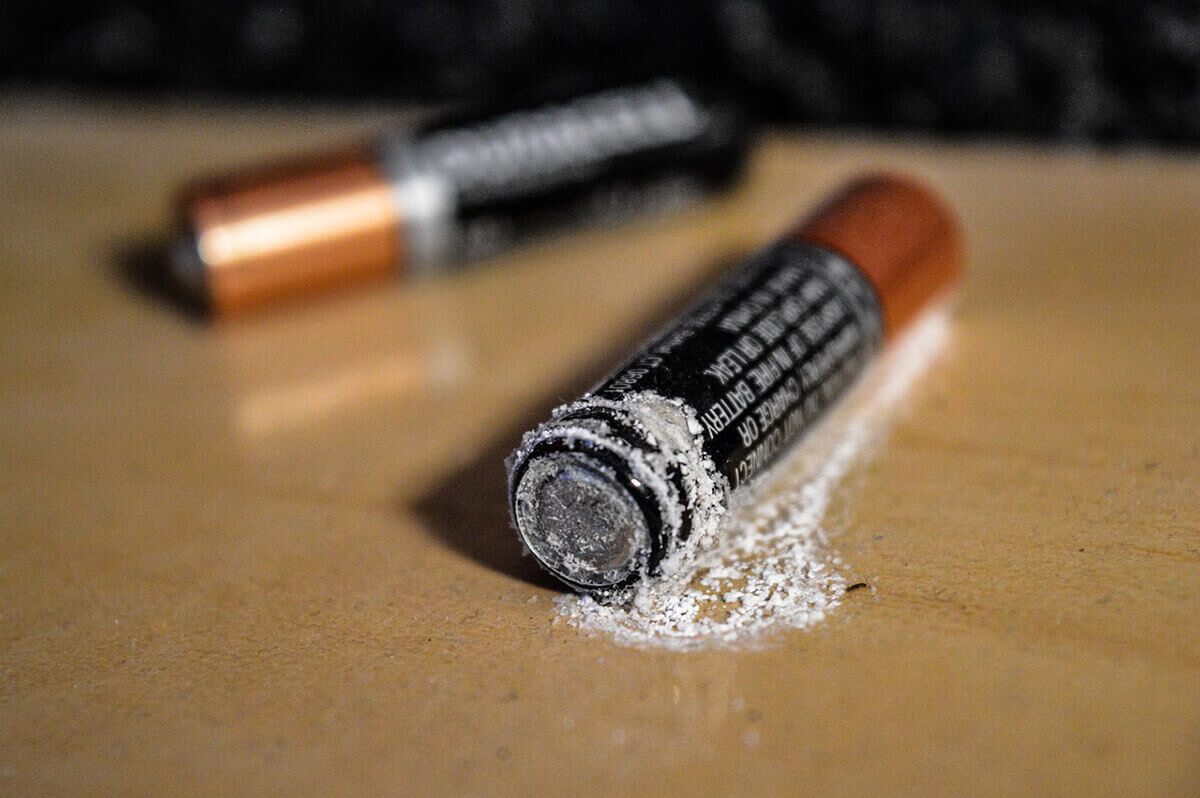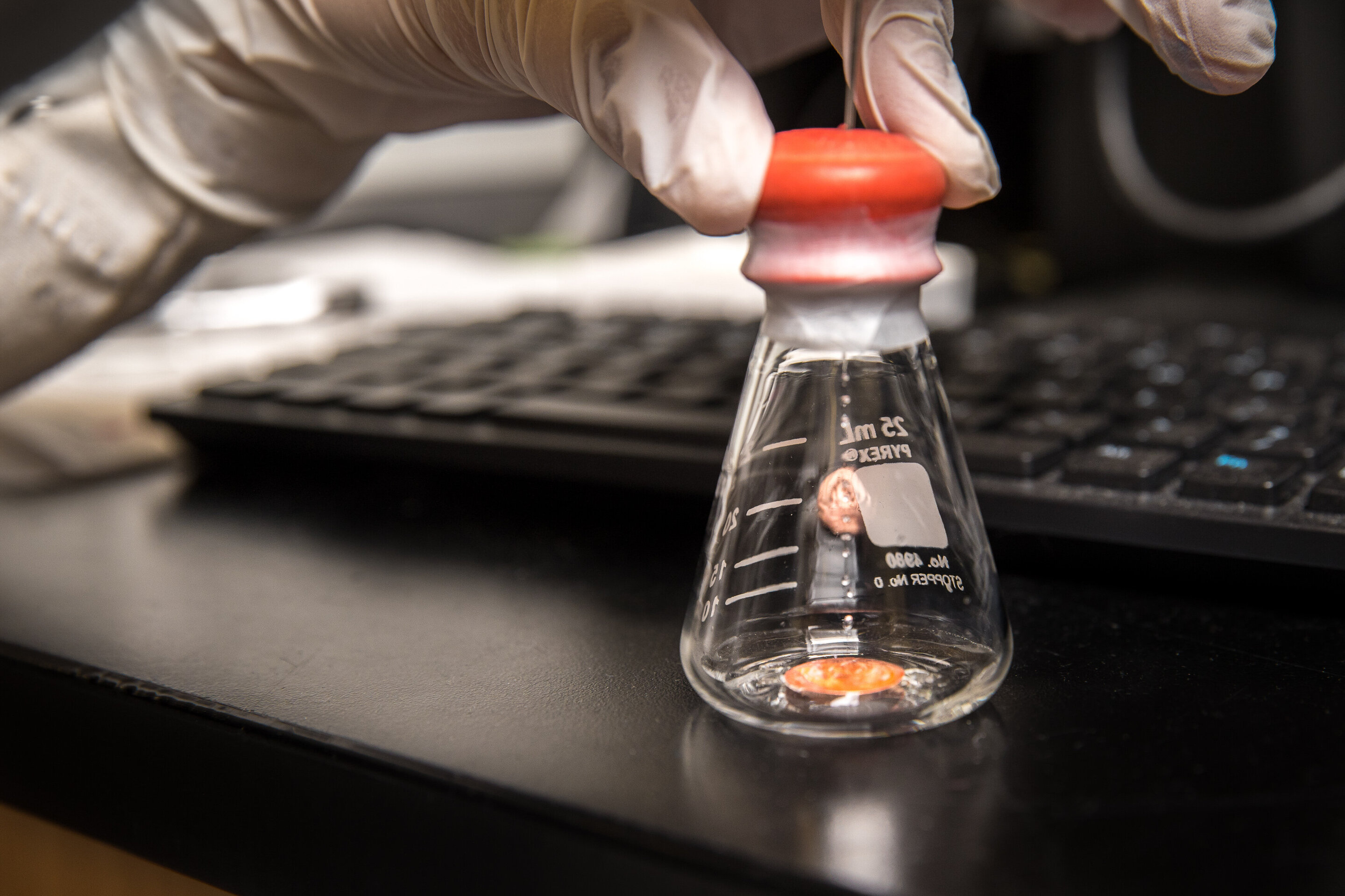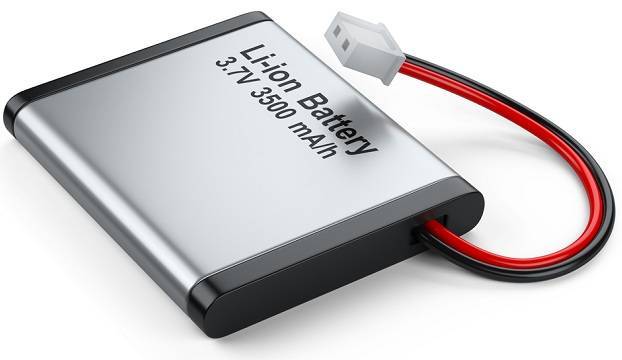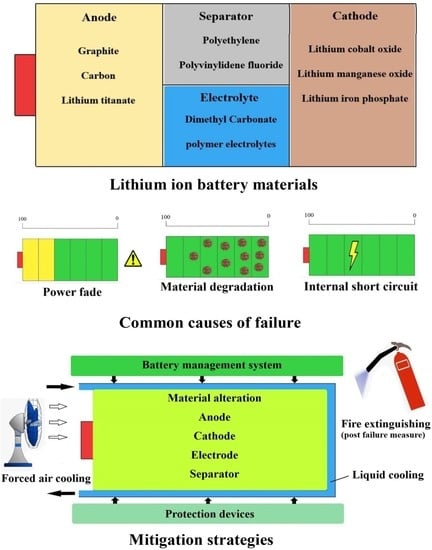Before the manufacturers worked out how to use the supercapacitors correctly, there where quite few that failed, normally venting unpleasant stuff, we are still hearing of some failing after 2/3/4 years. They never cause fires, but they do fail if not used correctly. Now most manufacturers do understand how to use them, but we are still often using them outside of their temperature specifications, so their lifespans are still going to be short in supercapacitor terms. I think it is still the case that we don't know how long they are going to last in a well designed dashcam, they have not been in use 10 years yet, so there is no evidence that they last 10 years, although it now seems quite likely that they can, at least in most locations, maybe not in. the hottest places. Also, I think some manufacturers may be forgetting how to use them correctly having not had problems for a few years, I wouldn't be surprised to see some dashcam model have a lot of early super capacitor failures at some point!
The first dash cam to introduce a super-capacitor was the Mobius in October, 2013 and despite an occasional failure they have proven to be extraordinarily reliable in all kinds of temperature extremes, plus resistant to significant shocks and vibrations. I have several Mobius cameras that have been in daily service for nearly 10 years and they have performed flawlessly. I did have one Mobius super-cap fail several years ago but it didn't swell or burst, it simply stopped holding a charge. In the meantime, I have owned or tested dozens of dash cams going back at least 13 years and have never experienced a single failed super-cap during this time period in a camera that had one, other than the aforementioned one.
@russ331 has been reporting monthly on his experience with Mobius super-capacitors and it has been quite similar to my experience and that of many others. His most recent report from only
six days ago reveals that one of his Mobius cams has been running on a super-cap for 9 years 6 months and another that failed after 7 years, 5 months. This performance far exceeds the life expectancy of any internal dash camera battery and indeed exceeds the life expectancy of virtually all dash cams (with the exception of the seemingly bullet-proof Mobius). Most dash cameras would be replaced long before any super-caps began to fail.
I don't have any idea what you mean by "
manufacturers worked out how to use the supercapacitors correctly". Super-capacitors have been in development since the 1950s and the first modern super-capacitor called Goldcaps was marketed in 1978 by Panasonic and was used for memory-back up purposes, very similar to how they are used in dash cams to close files or store date and time (as in the Mobius). This led to further development by the US military in the early 1980s. This was followed by the introduction of "Ultra-Capacitors" from Maxwell in the 1990s and the launch of the super-cap industry we know today. They have been improving them ever since and engineers have had decades of experience to "work things out".
Super-caps have been a game changer in the dash cam industry to the point where most manufacturers no longer use lithium-ion or polymer batteries.
Today's super-capacitors have a potential lifespan of as much as 15 years and can perform for millions of cycles in both extreme cold and hot temperatures, far exceeding the reliability, performance and safety of lithium-ion batteries.
So many of the claims you've made in your post are entirely untrue as if you are simply making things up as you go along so as to sound authoritative. "
We are still often using them outside of their temperature specifications, so their lifespans are still going to be short in supercapacitor terms." being a case in point, as super-caps used in dash cams are well within their rated temperature specs. Not only that, but their high temperature ratings are based upon sustained charging/discharging temperature tests, yet in reality when used in dash cams they are only charged/discharged intermittently for short periods of time, at start-up and shutdown, thus increasing their lifespan.
Back in those early days the big argument over super-capacitors was that unlike a battery they wouldn't keep a dash cam running for several minutes after a serious car accident if the camera suddenly lost power but that has proven to be a none issue.
Obviously, from your above remarks you still consider super-capacitors to be a dubious and unreliable technology. Going back to your early days on this forum you showed up here seeming unfamiliar with them while arguing against their use. Reviewing some old threads you made many negative or skeptical comments about super-caps while touting lithium battery use despite the fact that virtually everyone you interacted with tried to convince you that they were a fantastic and much needed innovation for dash cams. Some things never change.
Source:
Battery University BU-209 - Isidor Buchmann

Note that service life specifically states, "in vehicle".
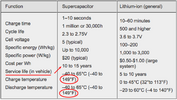
Supercap traits



